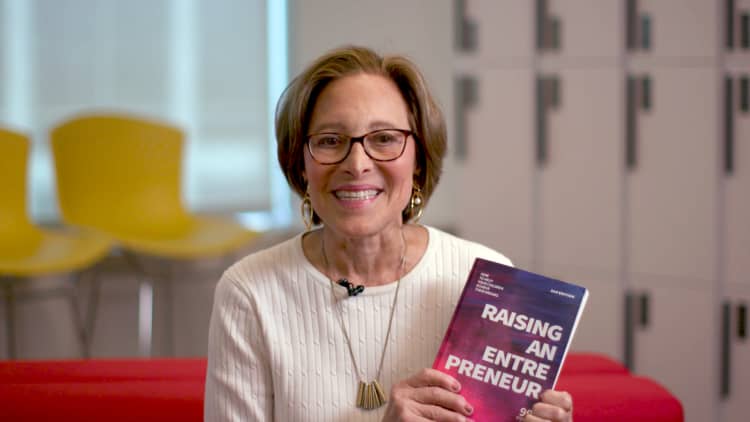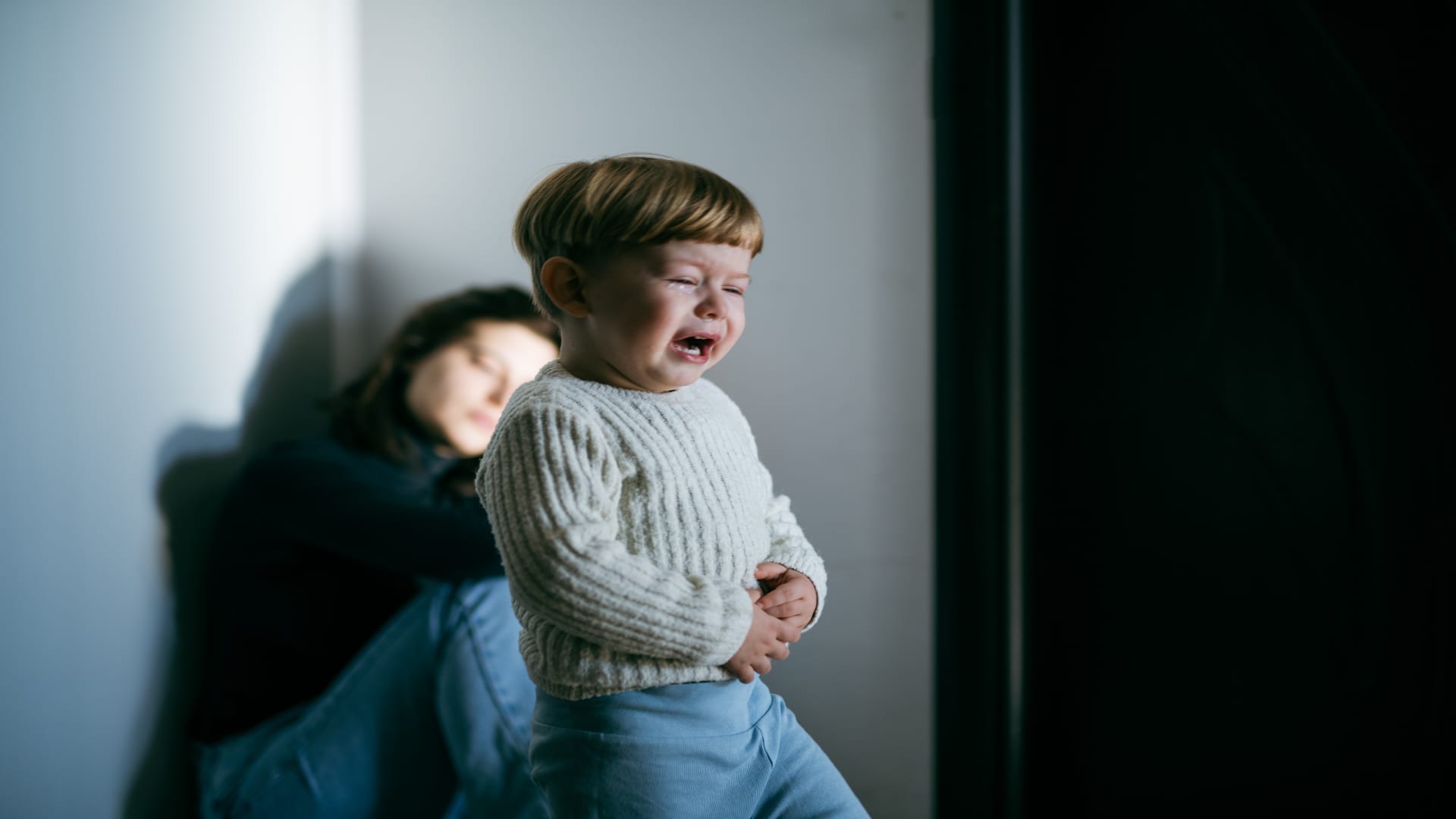There are two words that slip out so easily when your child experiences an emotional event. Maybe they tripped and fell or had a fight with a friend. Their face crumples, and before they’ve even had a chance to speak, you say: “You’re okay.”
It sounds comforting. Reassuring, even. But it’s not. As a conscious parenting coach and advocate for children’s emotional health, I’ve studied over 200 kids — and I’ve seen this well-intentioned and overused phrase cause long-term damage in ways that most parents never realize.
In fact, because it seems so harmless at first, it’s the most dangerous phrase in parenting. Here’s why, and what to say instead:
1. It teaches kids to doubt their own emotions.
When a child is visibly upset and hears “you’re okay,” it sends a confusing message: What I’m feeling must not be real. Over time, this disconnects them from their inner emotional world and teaches them to distrust their own instincts.
2. It invalidates their experience when they need you most.
You may say it with love, but a child hears: “Your feelings don’t matter.” Dismissal — however subtle — teaches them that comfort and connection are only available when they’re calm and convenient. This is where emotional suppression begins.
3. It short-circuits emotional processing.
Emotions are meant to move through the body. When we interrupt that natural process with premature reassurance, we rob children of the ability to identify, name and regulate their emotions. Instead of building resilience, we’re building avoidance.
4. It teaches that love is conditional.
Without realizing it, phrases like “you’re okay,” “stop crying,” or “don’t be scared” condition children to believe they must suppress their emotions to remain accepted. And when love feels conditional, emotional safety — the very foundation of mental health — starts to unravel.
5. It can rewire a child’s stress response.
The nervous system develops through repeated experiences. When a child is upset and met with dismissal instead of support, their body learns that it’s not safe to express emotion. Over time, this can reshape their nervous system to expect disconnection, making it harder to trust, regulate and feel safe being fully themselves.
What to say instead of ‘you’re okay’
Children don’t need a fix — they need to feel. And more importantly, they need to know it’s safe to feel, especially with you.
Here are powerful alternatives that validate their inner world and build emotional strength:
- “I believe you.”
- “Your feelings make sense.”
- “I’m right here with you.”
- “You don’t have to be okay right now.”
- “I saw what happened. How are you feeling?”
These phrases do more than soothe. They strengthen. They teach your child: My emotions matter. I can trust myself. I’m not alone.
These responses take practice. You’ll still say “you’re okay” sometimes. And that’s okay, too. The goal is to practice conscious parenting: noticing our patterns and choosing, moment by moment, to respond in ways that build emotional safety rather than undermine it.
These moments may seem small, but they actually help to build a child’s emotional foundation. And in a world where anxiety, depression and disconnection are on the rise, this is how we protect our children’s mental health — one moment of emotional safety at a time.
Reem Raouda is a leading voice in conscious parenting and the creator of FOUNDATIONS — the transformative healing journal for parents ready to break cycles, do the inner work, and become the emotionally safe parent their child needs. She is widely recognized for her groundbreaking work in children’s emotional safety and strengthening the parent-child bond. FFollow her on Instagram.
Want a new career that’s higher-paying, more flexible or fulfilling? Take CNBC’s new online course How to Change Careers and Be Happier at Work. Expert instructors will teach you strategies to network successfully, revamp your resume and confidently transition into your dream career. Start today and use coupon code EARLYBIRD for an introductory discount of 30% off $67 (+taxes and fees) through May 13, 2025.






